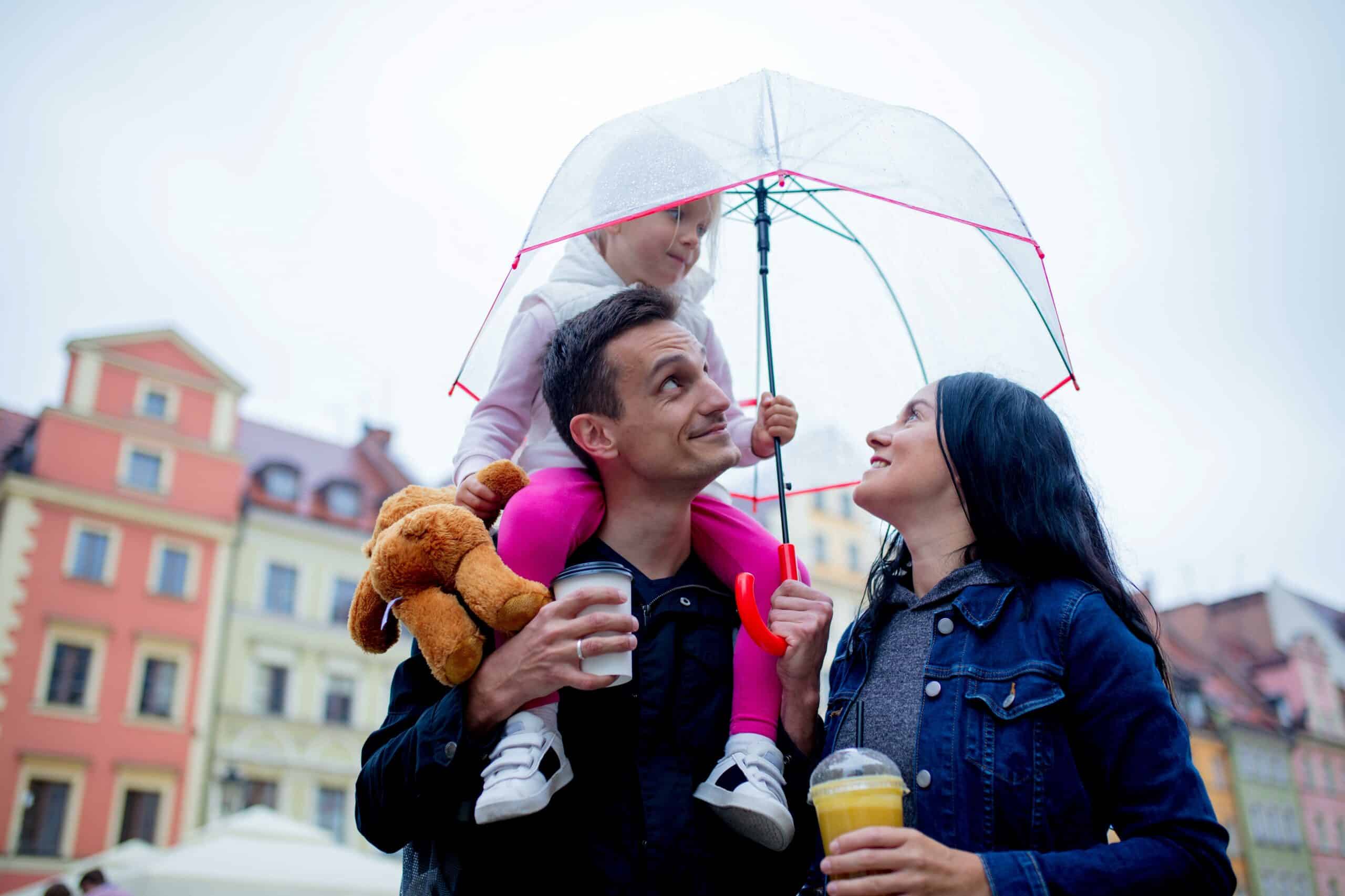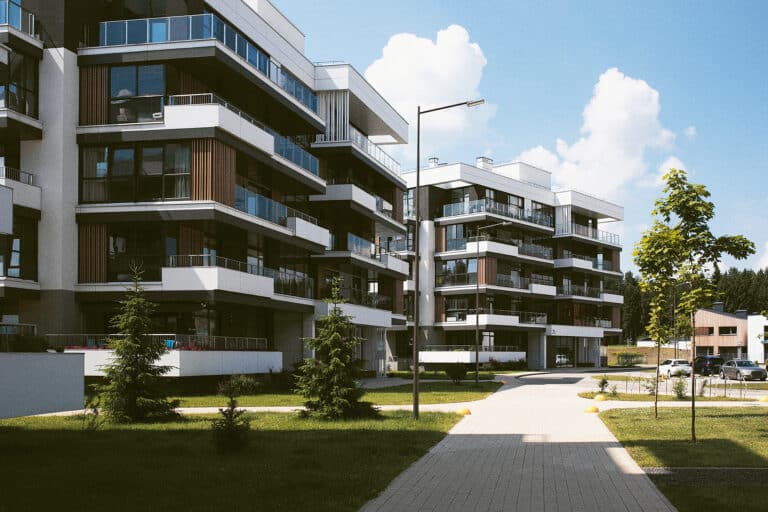High Life Satisfaction Among Poles
Latest Eurostat data shows that Poland ranks 2nd in the EU for “overall life satisfaction”
The latest results from Eurostat show that Poles rate their own life satisfaction much higher than many of their Western European counterparts, tying for 2nd place in the European Union (EU) alongside Finns and Romanians.
The data on “quality of life” for the EU, collected in 2022 and recently released to the public on January 15, 2024, is part of the annual statistics collected by Eurostat. A noteworthy topic, given that “promoting the well-being of people in Europe is one of the main objectives of the European Union, as set out in the Treaty…”.
While this may come as a surprise to many Poles, the 2022 data shows that the highest scoring EU countries are Austria (7.9), as well as Poland, Romania and Finland (7.7 each). A notable improvement of +0.2 points compared to the previous year is Poland (7.5). In contrast, the lowest scoring countries in 2022 were Germany (6.5) and Bulgaria (5.6), both of which scored lower than in 2021. To put this into perspective, the average for all EU countries in 2022 was 7.1, slightly lower than in 2021 (7.2).
How is “Life Satisfaction” determined?
“Overall Life Satisfaction is one of the key indicators used to measure overall Quality of Life (QoL). The QoL indicators use an “8+1” methodology: 8 objective measures and 1 subjective measure.
The 8 objective measures can be grouped into 5 themes: 1. Material living conditions (income, consumption, and material conditions), 2. Leisure and social interactions, 3. 4. Governance and fundamental rights, 5. Natural and built environment.
The measurement category “+1”, according to Eurostat, “is measured by three sub-dimensions: life satisfaction (cognitive evaluation), affect (a person’s feelings or emotional states, both positive and negative, typically measured in relation to a specific point in time) and eudaemonics (a sense of having meaning and purpose in one’s life or good psychological functioning).
Although there are many elements that contribute to the subjective assessment of one’s own life satisfaction, it’s considered a statistic that is “easy to understand and communicate”. Furthermore, this approach is taken by Eurostat because “measuring subjective well-being also provides valuable insights into the role of objective capabilities as determinants of well-being”.
What is associated with higher life satisfaction?
The first key observation is that younger people were generally more satisfied than older people. Although this was generally the case across the EU (with the exception of the Nordic countries), in the case of Poland, those aged 16-29 were on average 0.7 points more satisfied than those aged 65+.
Another trend observed across the EU and in Poland is that those with higher levels of education reported higher levels of overall life satisfaction. In Poland specifically, the average was 7.1 for those with less than upper secondary education, 7.6 for those with upper secondary education and 8.0 for those with tertiary education.
The final key observation across the EU is that people with children and higher incomes had greater overall life satisfaction. Single people had the lowest average score in the EU (6.8), while people living in a household with dependent children (i.e. parents) had the highest score (7.3). Furthermore, in terms of income, those in the top 20% of income had an average life satisfaction of 7.6, while those in the bottom 20% of income had an average of 6.5.







